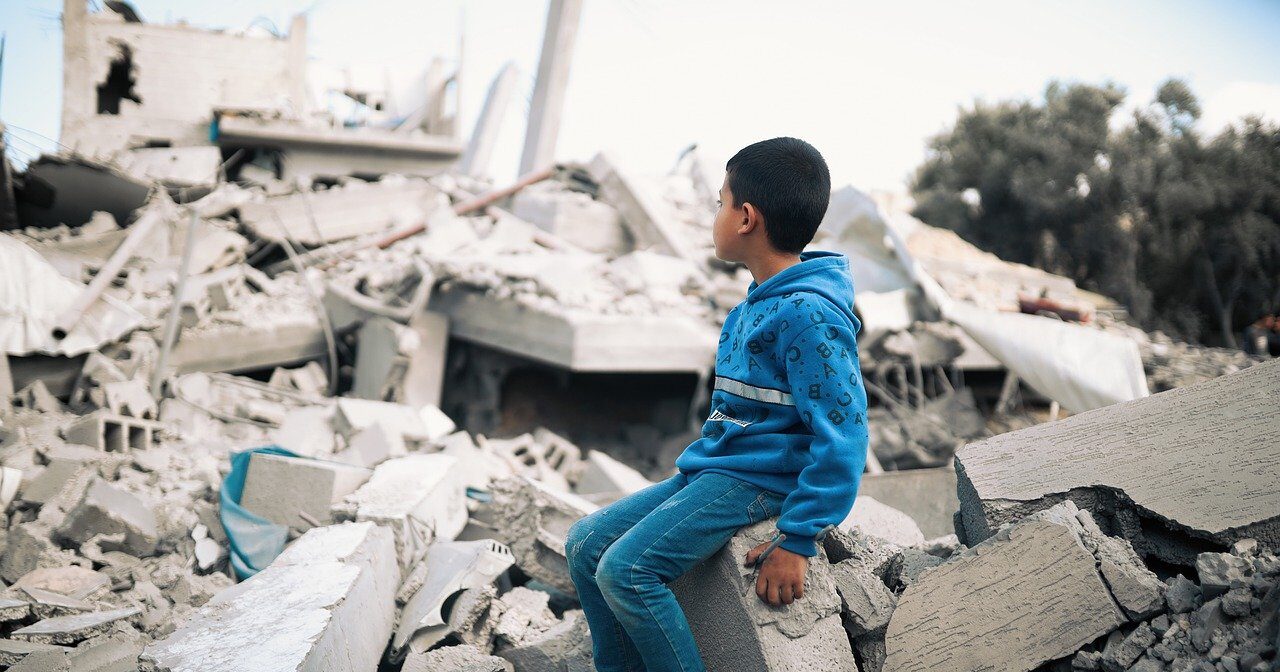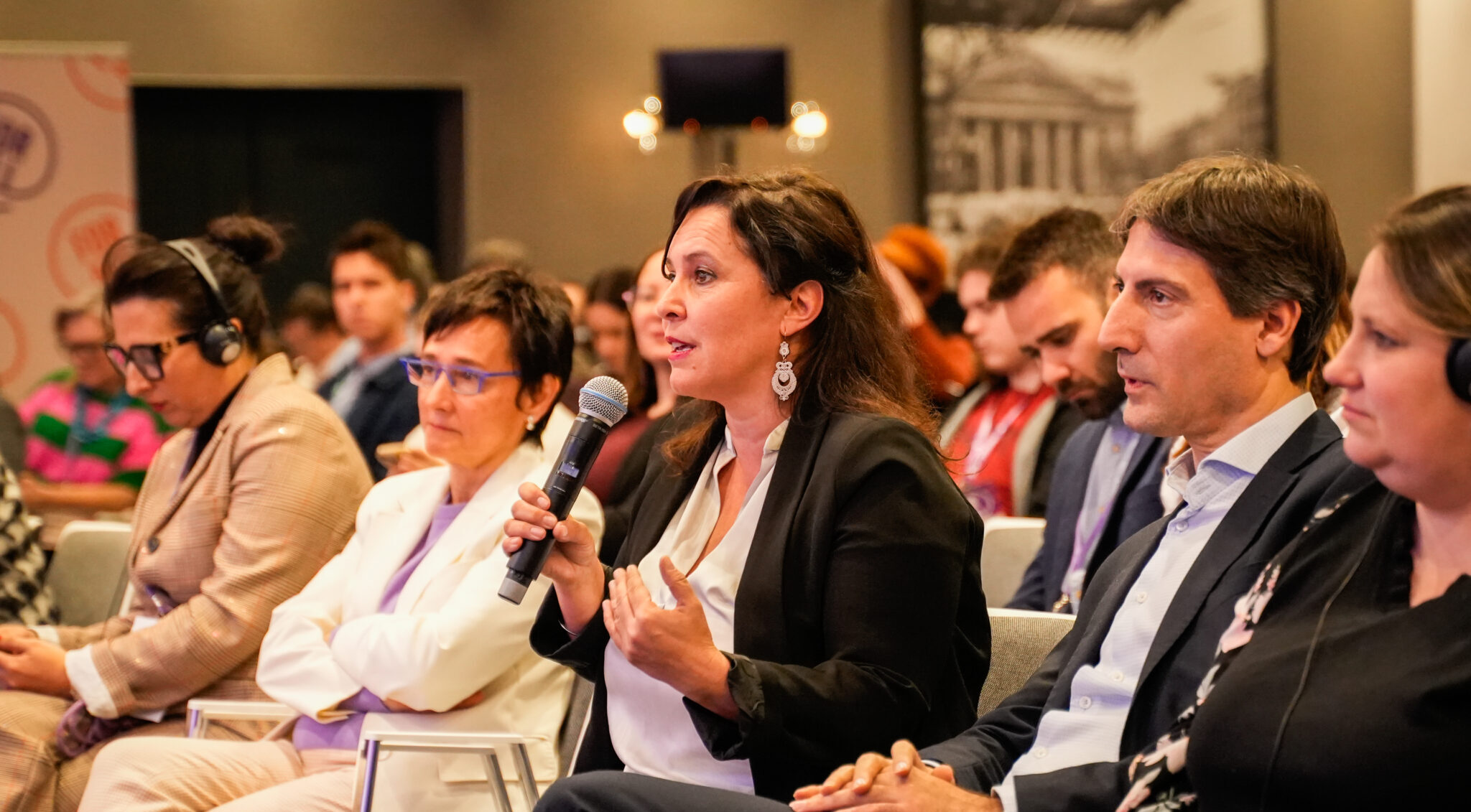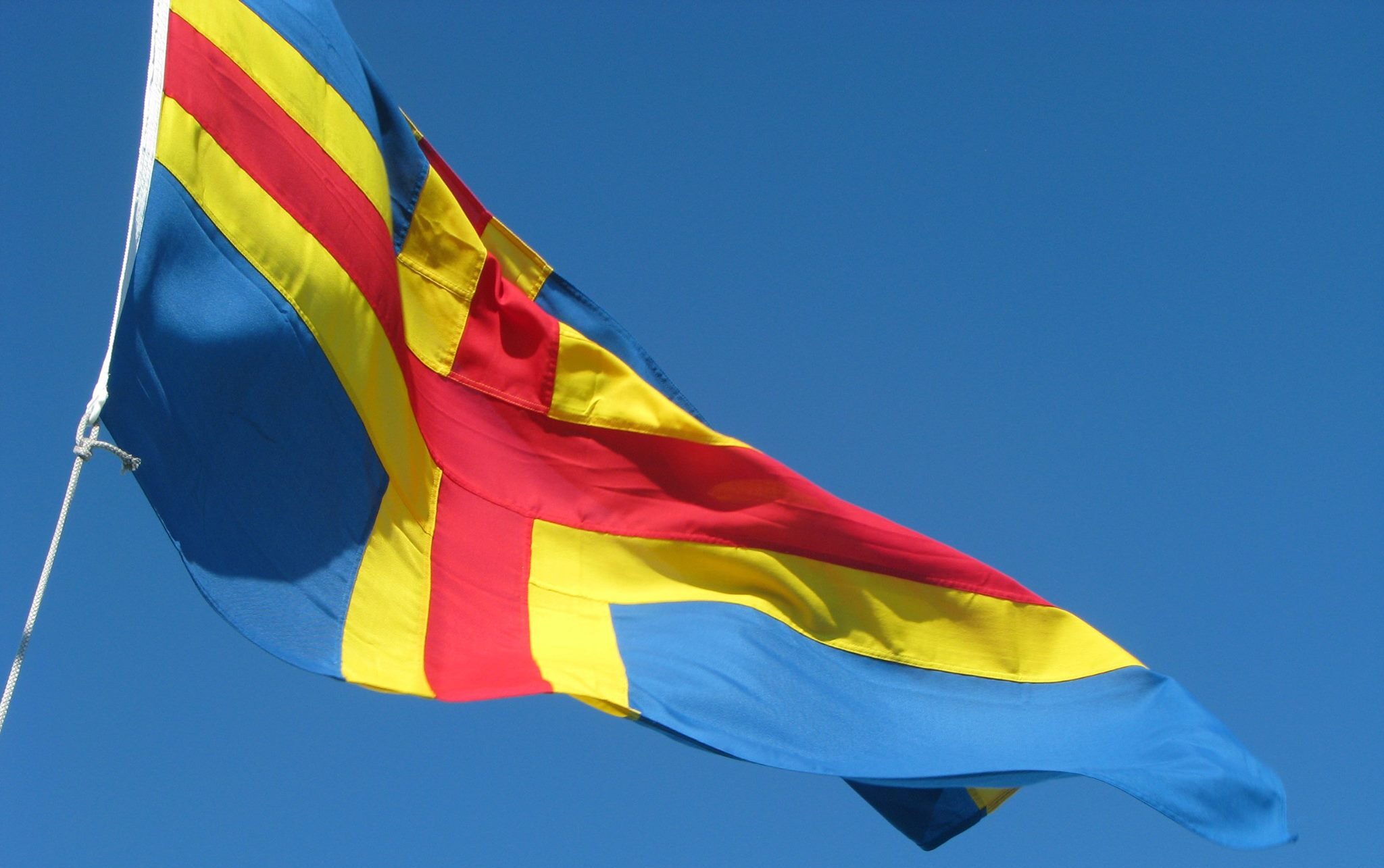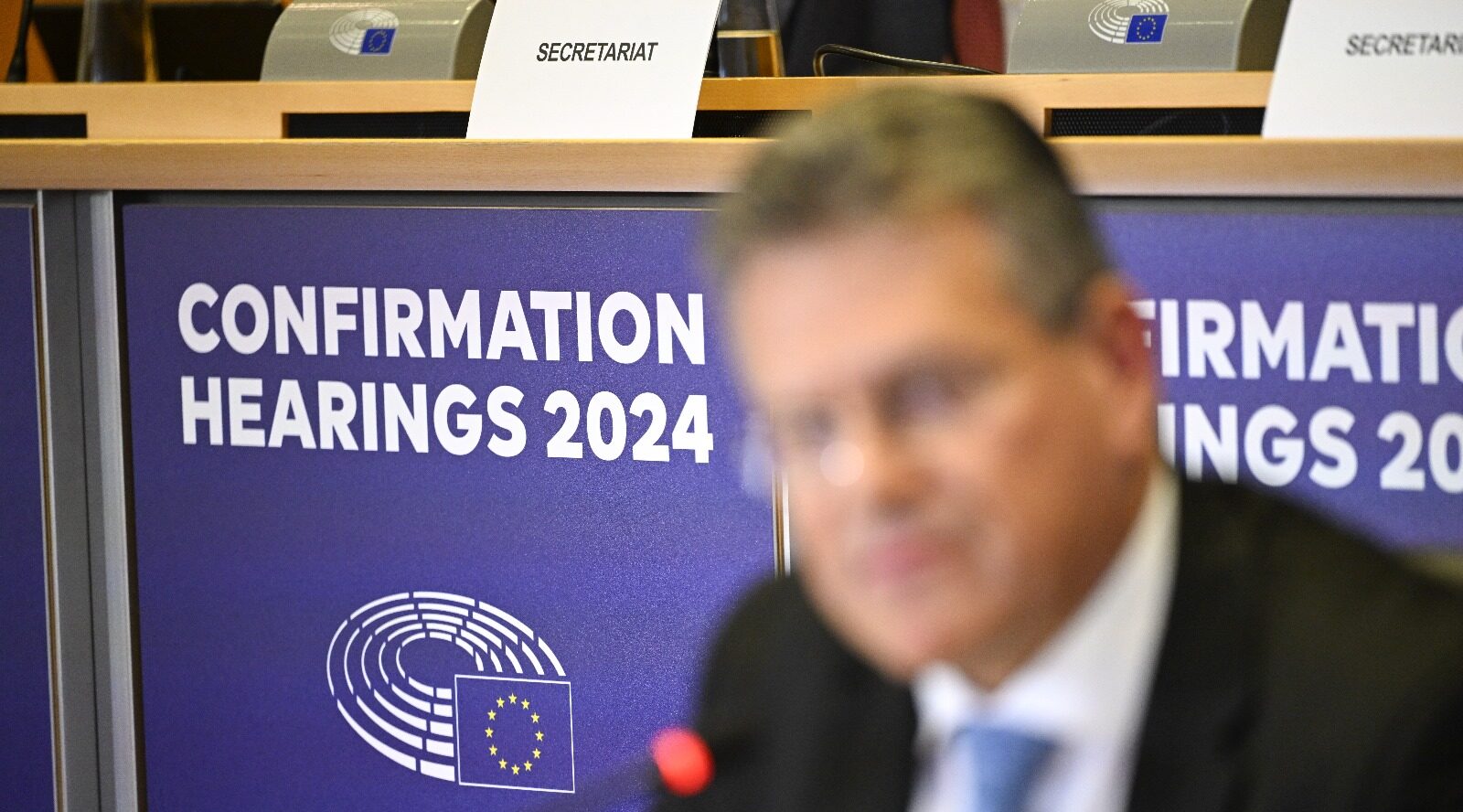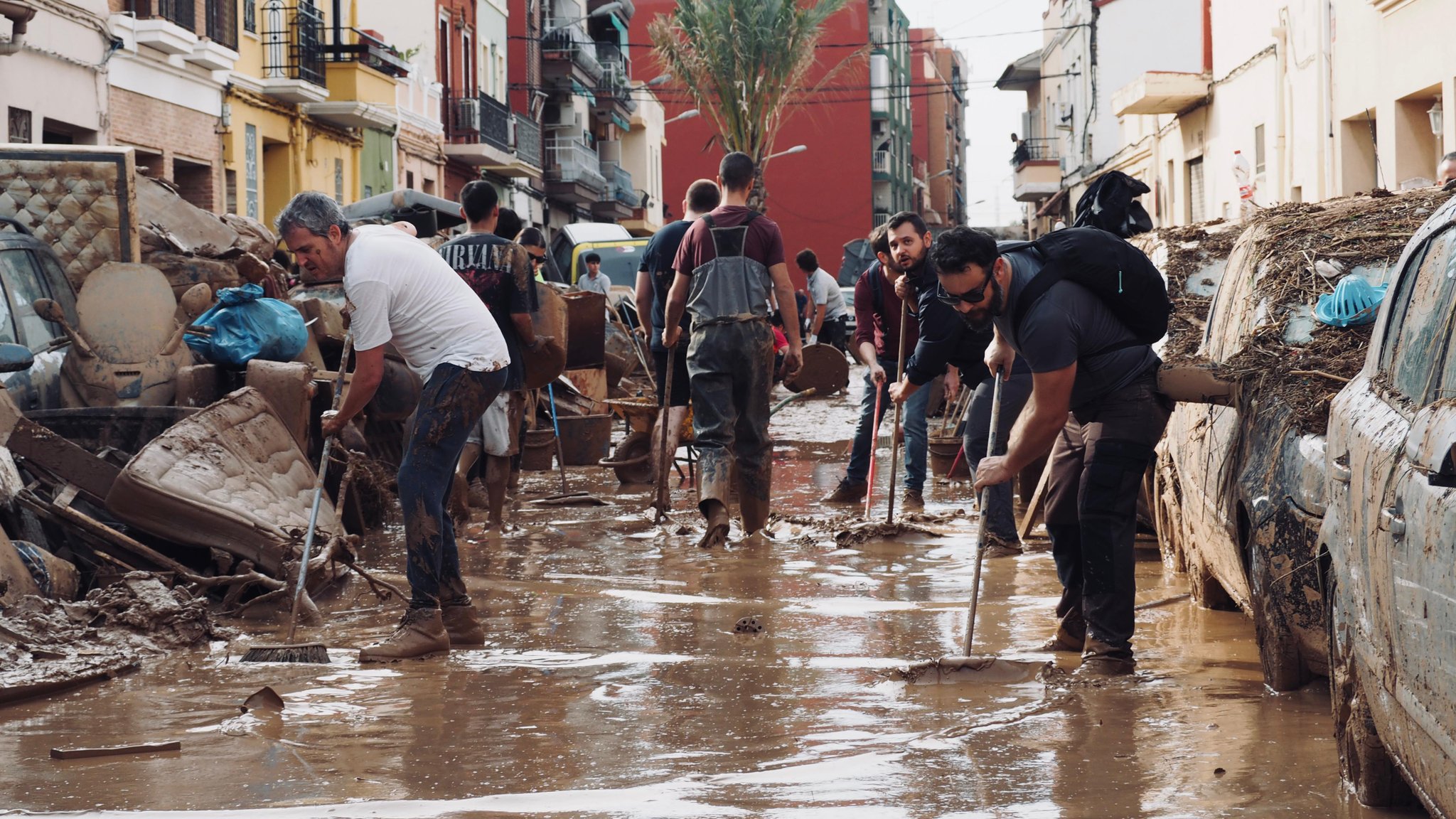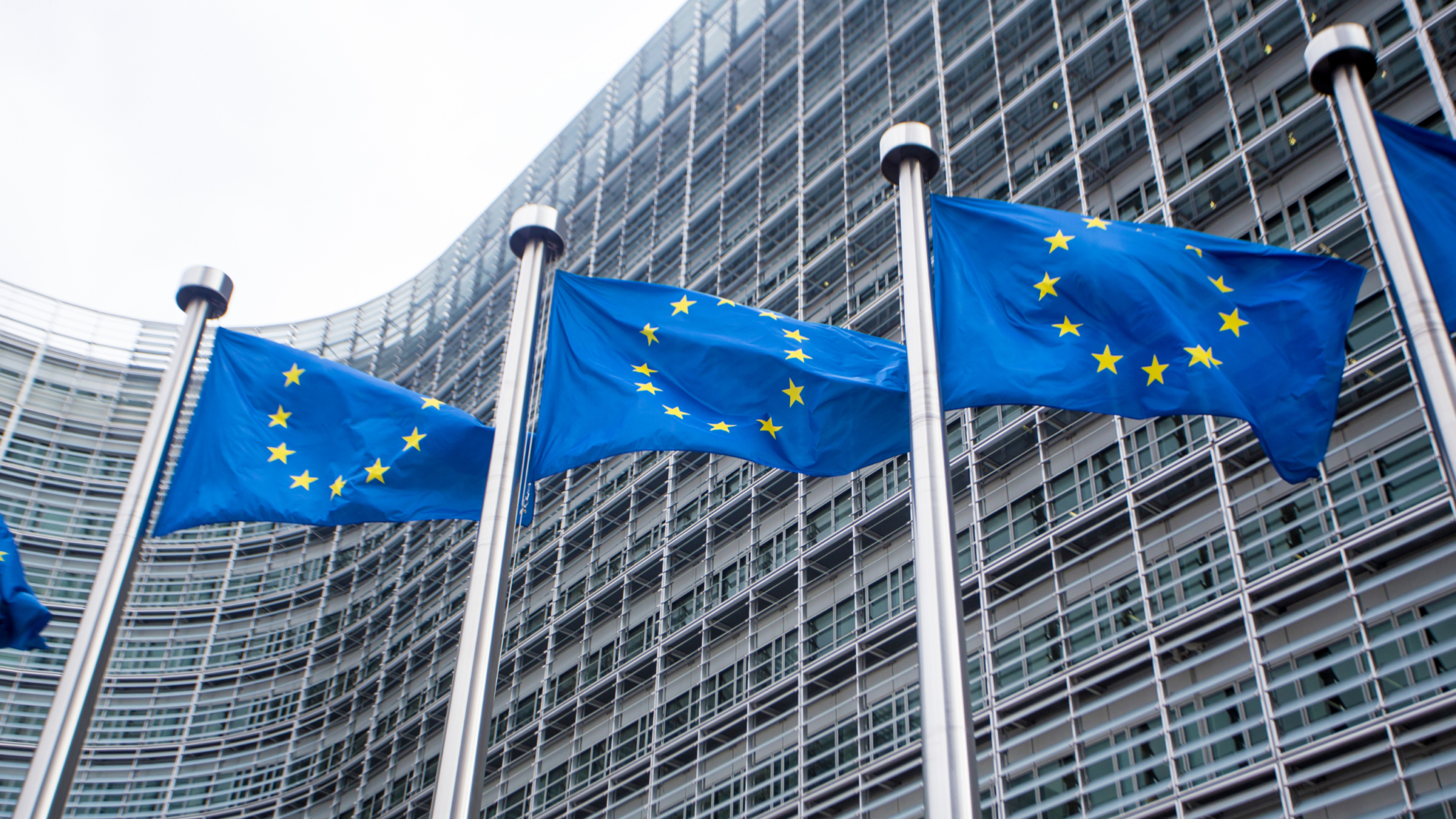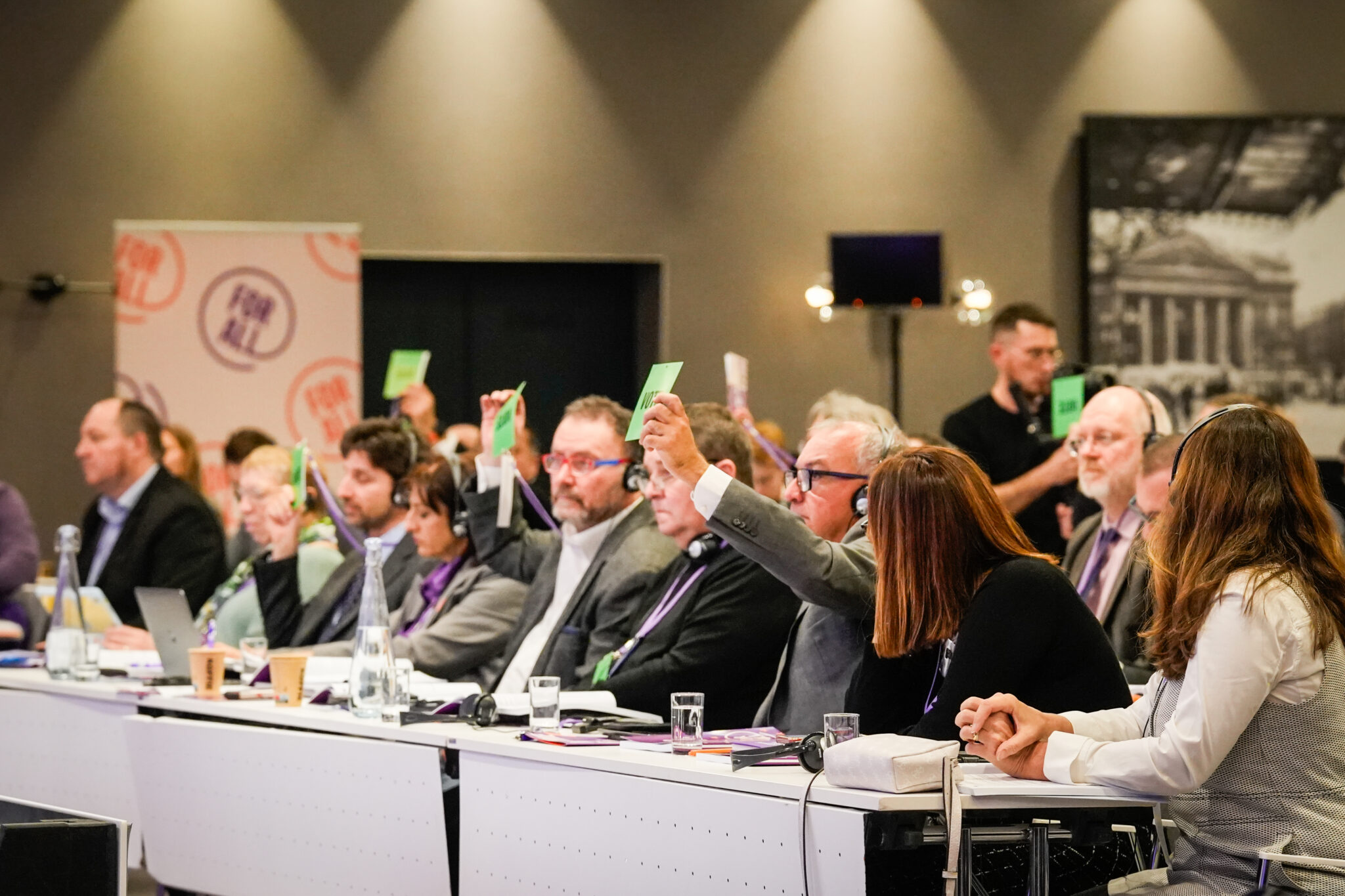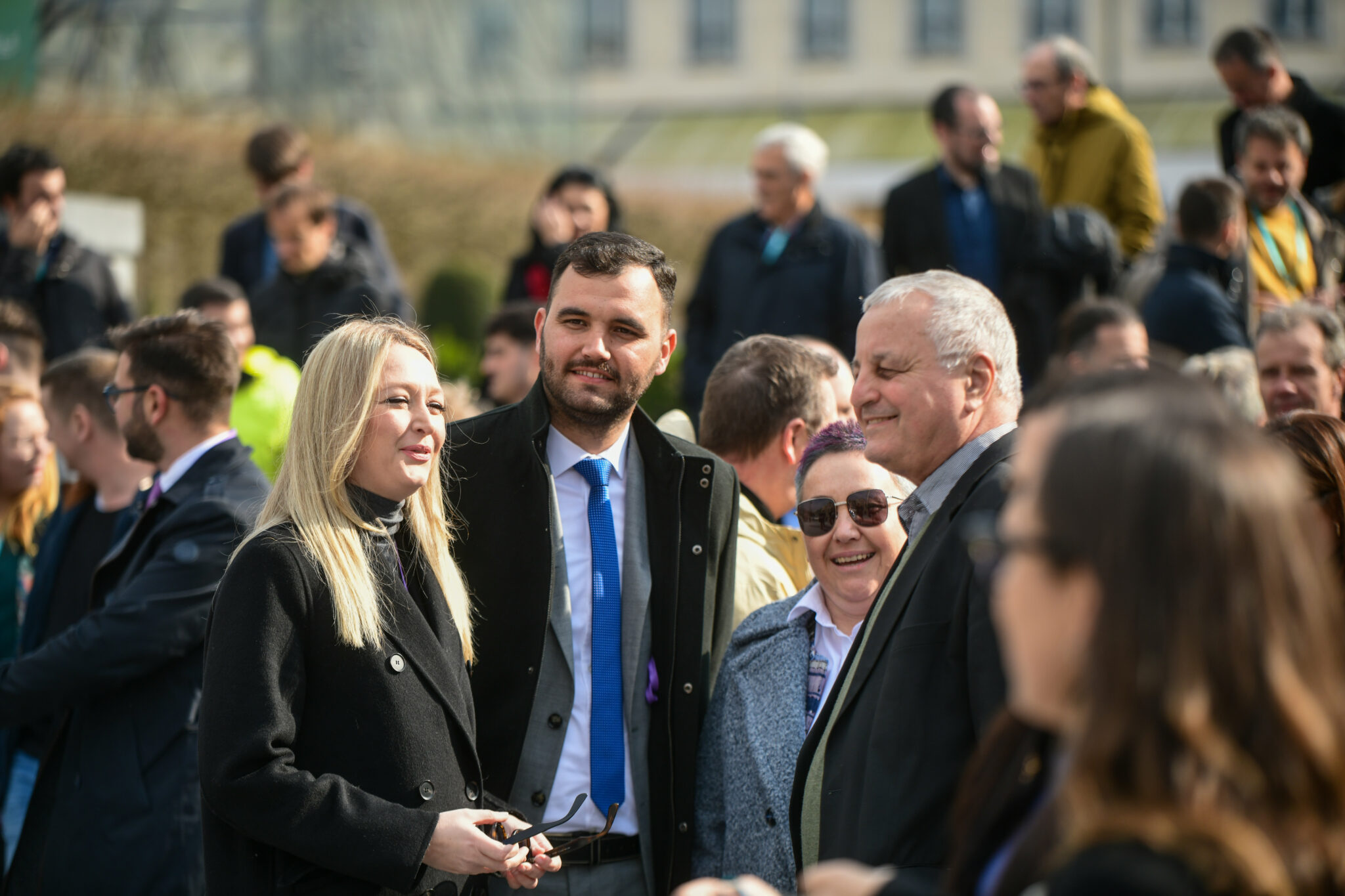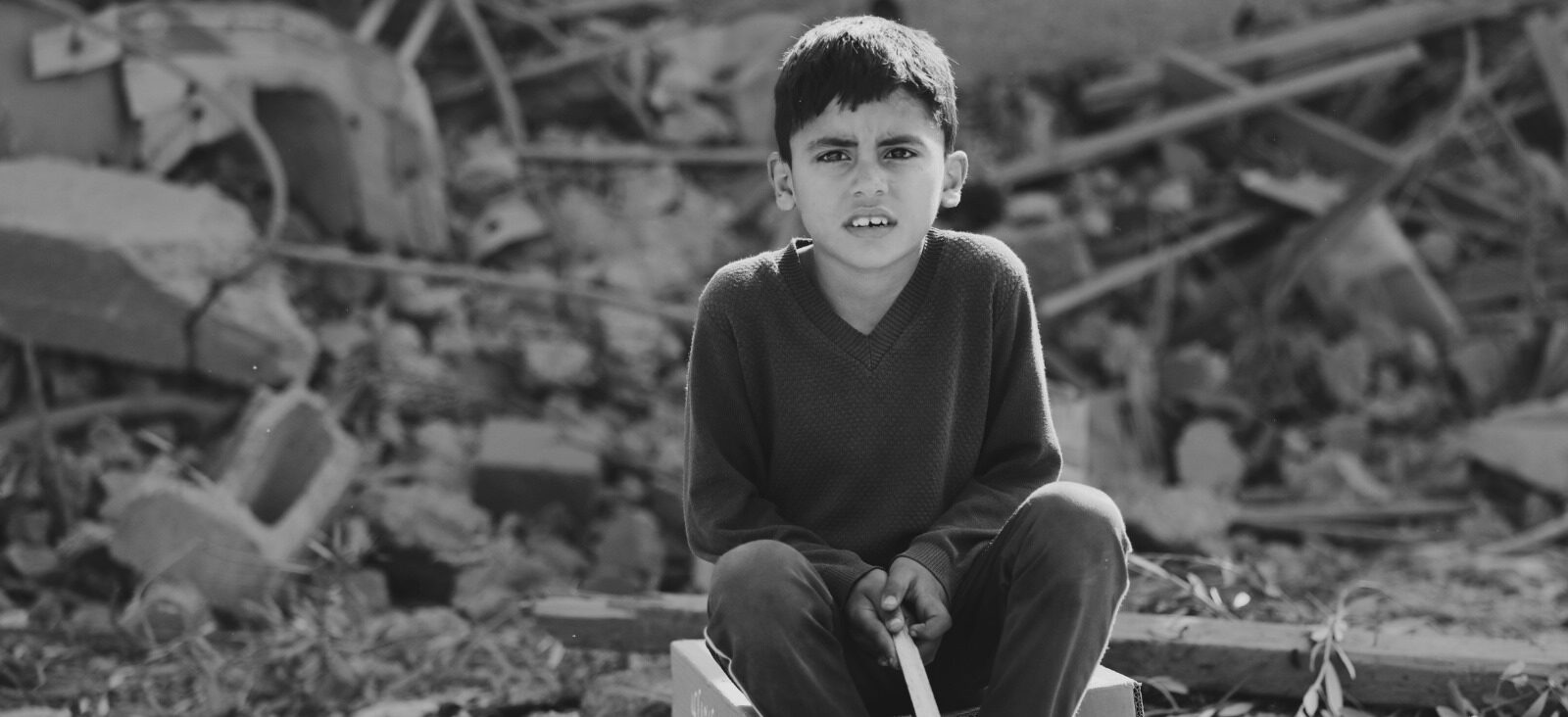EFA Statement on Violations of the Ceasefire Agreement in Nagorno-Karabakh
EFA expresses its concern regarding violations of the ceasefire agreements in Nagorno-Karabakh and continuing breaches of international humanitarian law.
Paragraph 8 of the brokered ceasefire statement signed on November 9th, 2020 states that the “exchange of prisoners of war, hostages, and other detainees as well as the remains of the fatalities shall be carried out”.
Azerbaijani captives have all been returned, but Azerbaijan has not yet fulfilled its side of the agreement. Additionally, many Armenians – including civilians – were taken prisoner by Azerbaijani armed forces after the ceasefire agreement was signed.
It is difficult to confirm the number of detainees because of the lack of Azeri cooperation and a high number of missing persons not declared dead, but it is currently estimated to be around 200 people.
Additionally worrying are the reports that torture is “endemic and systemic” in Azerbaijan, according to the Committee on the Prevention of Torture report in the Council of Europe. There are confirmed reports of inhumane and degrading conditions.
Azerbaijan, with the support of Turkey, continues to mislead the international community with the idea that the conflict is solved and there is no need for the resumption of the negotiation process under the auspices of the OSCE Minsk Group.
EFA calls on Azerbaijan to uphold the ceasefire agreement, for the return prisoners of war, and the return of civilian detainees. EFA also calls for an immediate end to continuing violations of international humanitarian law, and for dialogue to continue. EFA stands in solidarity with our member party in Nagorno-Karabakh, the Democratic Party of Artsakh.
The EFA European Parliamentary Group has also supported calls to this effect, and EFA MEP François Alfonsi has submitted a joint written question to the High Representative of the EU for Foreign Affairs and Security Policy. The letter highlights that Azerbaijan is not fulfilling the requirements of the ceasefire agreements, the precarity of the ceasefire and enduring tensions, and calling for the EU to take a greater role in peacekeeping in the region.
